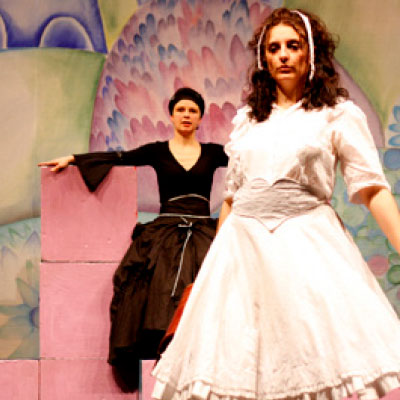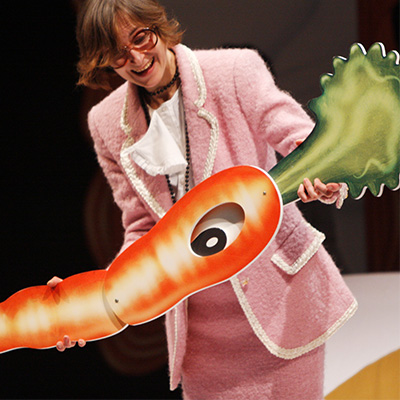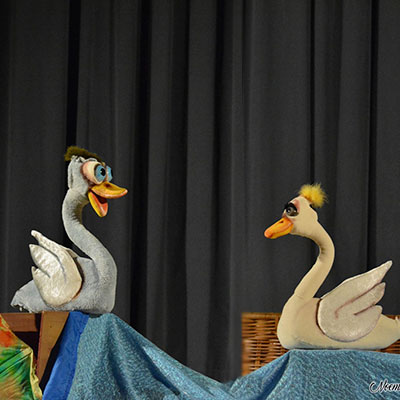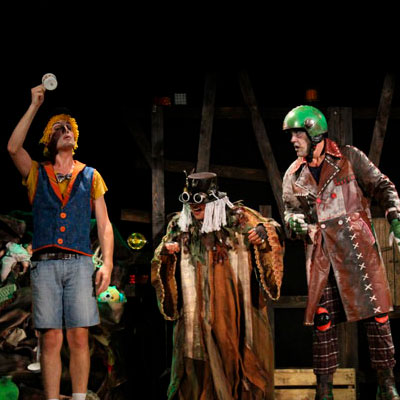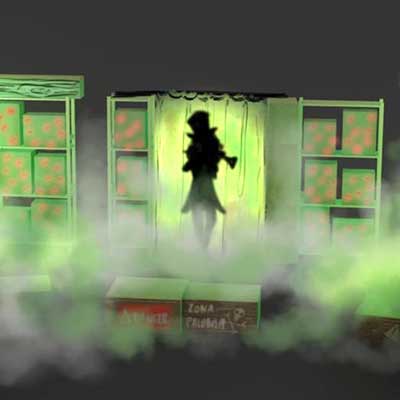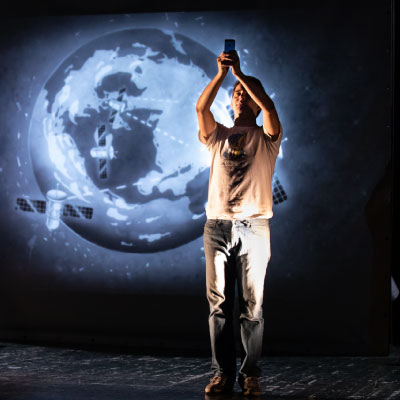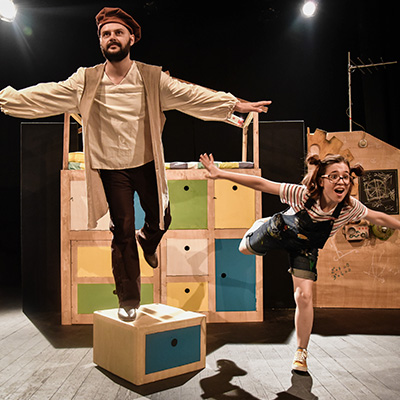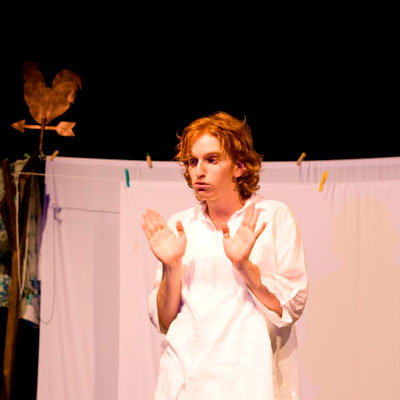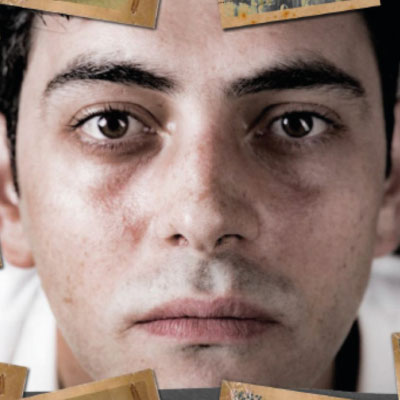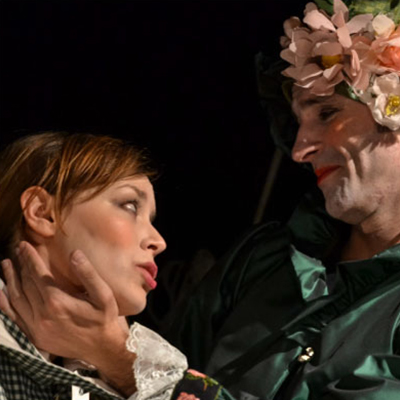Alice and the Rights of Wonderland
A story that culminates in the celebration of children’s rights and the transmission of an important message: the protection of childhood. A text with a simple structure that does not hide a pedagogical intent: to make children aware of the rights of which they are too often deprived, starting with the children of the so-called “first world”.
Synopsis
A long time has passed, and now Alice has finally returned, but she is sad and crying. She left without luggage, but she came back with a heavy suitcase: inside there are objects and memories related to the episodes of her wandering.
Encuraged by the Queen of Hearts, Alice pulls out of her suitcase, one by one, all the objects she has collected during her journey. Each object is linked to a memory, each memory to an episode of her journey, each episode to a story, each story to a child, each child to a denied right. Alice revisits the fundamental rights of childhood, crossing several times, in one direction or another, the border that separates “Wonderland” from reality, telling, with the necessary lightness and avoiding lyrical and dramatic excesses, stories of denied childhood.


